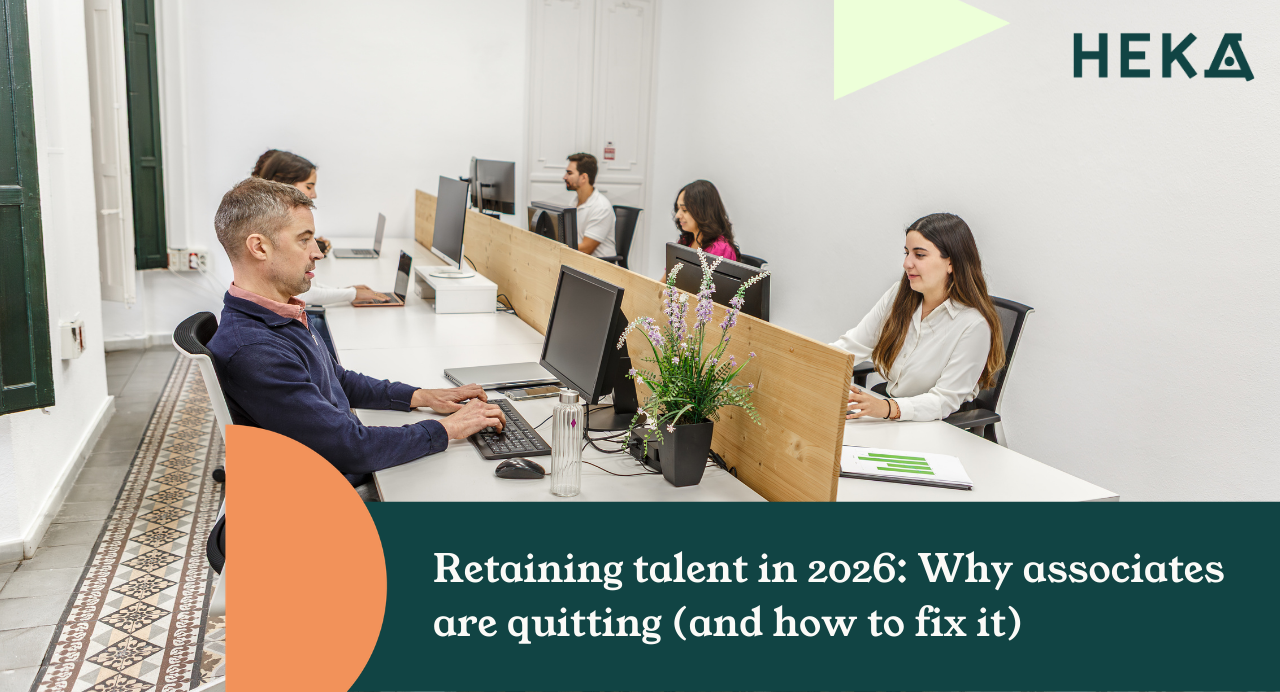A quick summary:
For too long, employee health programs have taken a reactive approach—treating stress, anxiety, and poor sleep instead of preventing them. While reactive solutions like insurance step in after someone gets sick, they do little to prevent people from becoming unwell in the first place.
The smartest businesses are taking a different route - one that doesn’t just support employees when they’re unwell, but helps them stay healthy, resilient, and engaged from day one.
This is the power of proactive wellbeing - and it’s more than a nice idea. It’s a cost-saving, performance-enhancing strategy that drives real results.
Reactive health support is an expensive safety net
Traditional benefits like Private Medical Insurance (PMI) are designed to catch people when they fall. But catching people costs money - and it doesn’t prevent the fall in the first place.
Waiting until someone needs treatment means absorbing the cost of sickness, absence, and lost productivity. It’s a reactive model. And it’s costing your business more than you think.
The alternative? Stop waiting.
Preventive healthcare = fewer insurance claims
Here’s a stat that speaks volumes: 56% of Heka bookings prevent PMI claims.
That’s because proactive services like physiotherapy, therapy, and health screenings catch problems early - before they require costly, specialised treatment. And when people get the right support upfront, they're far less likely to need a GP referral, consultant appointment, or lengthy recovery.
The result? Fewer claims. Lower premiums. Less disruption. More time spent doing what matters.
Women's health: The case for proactive support
If you want a clear example of why prevention matters, look at women’s health.
Too often, issues like menopause, period pain, fertility struggles, and postpartum recovery are treated as personal concerns - when in reality, they impact workplace performance, attendance, and retention. And yet, many of these challenges can be addressed with simple, proactive support:
- Hormone testing
- Menopause-friendly policies
- Fertility counselling
- Mental health check-ins
- Peer support communities
You don’t need to wait until someone’s considering leaving to step in. By supporting people early and consistently, you can improve retention, reduce absenteeism, and build a culture where employees feel seen and supported.
The business case for proactive wellbeing
Let’s be clear: this isn’t just about doing the right thing for your people (although that matters too). It’s about making a smart, strategic investment in business performance.
Proactive wellbeing leads to:
- Fewer sick days
- Lower insurance costs
- Higher engagement and retention
- Better mental and physical health outcomes
- A culture that attracts and retains top talent
It’s a more human way to support health - and a more financially sustainable one too.
A better way to support your team
Proactive wellbeing isn’t a trend. It’s the future of workplace health - and it’s already delivering results for forward-thinking businesses.
At Heka, we’ve built a staff wellbeing platform that puts preventative health at the centre of employee benefits. From therapy to fitness classes, stress management to sleep support, nutrition to private GP appointments - employees can access what they need, when they need it, all in one place.
It’s personal, cost-effective, and proven to work.
If you’re still investing in benefits that only support people after they’re unwell, it’s time to rethink your approach.
Heka data shows that 46% of activity on the platform focuses on preventing sick days - through services like mental health support, musculoskeletal care, nutritional therapy, and general preventative health. In real terms, that translates to £172,000+ saved annually on average. That’s not future-proofing - that’s delivering results right now.
Your employees don’t need more insurance policies. They need tools to stay well - physically, mentally, and emotionally - every single day.
Proactive wellbeing isn’t just good for your people. It’s good for your business. Ready to rethink employee health? Let Heka show you how.






